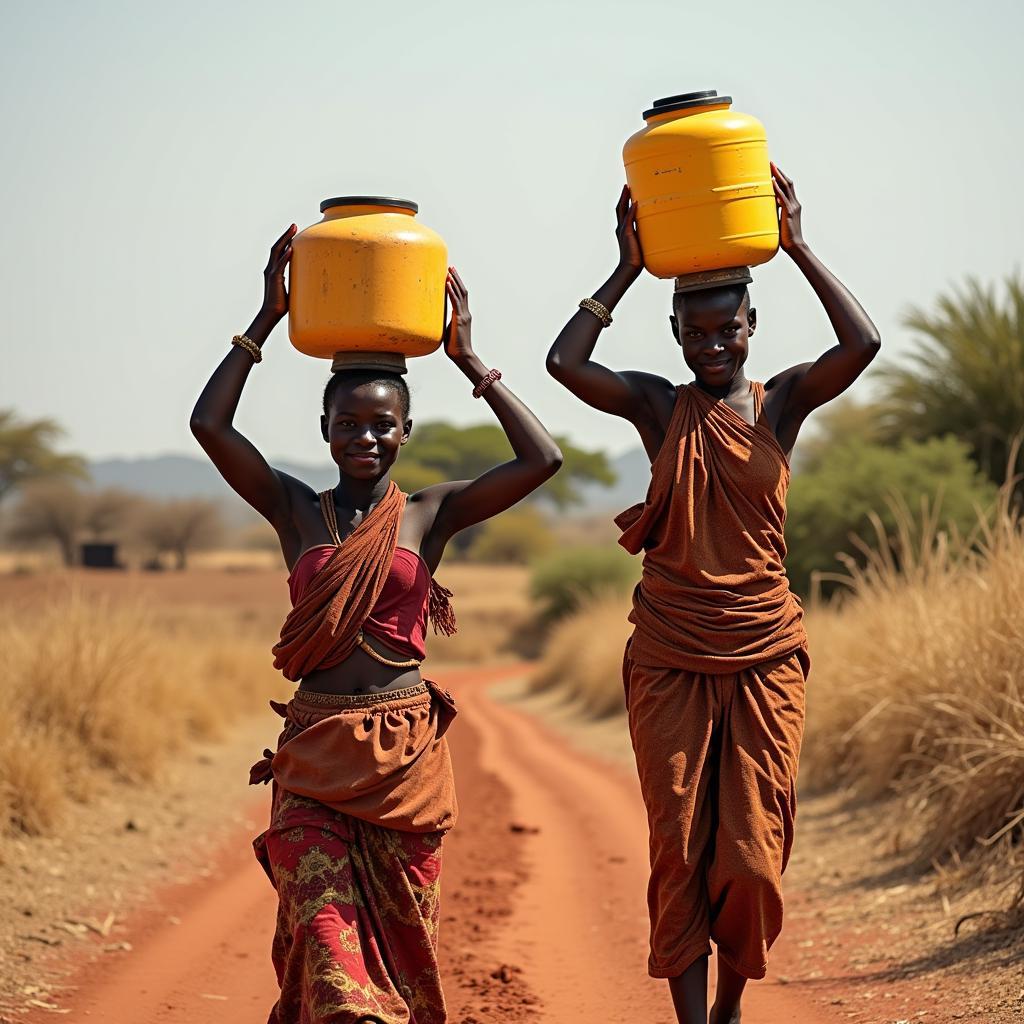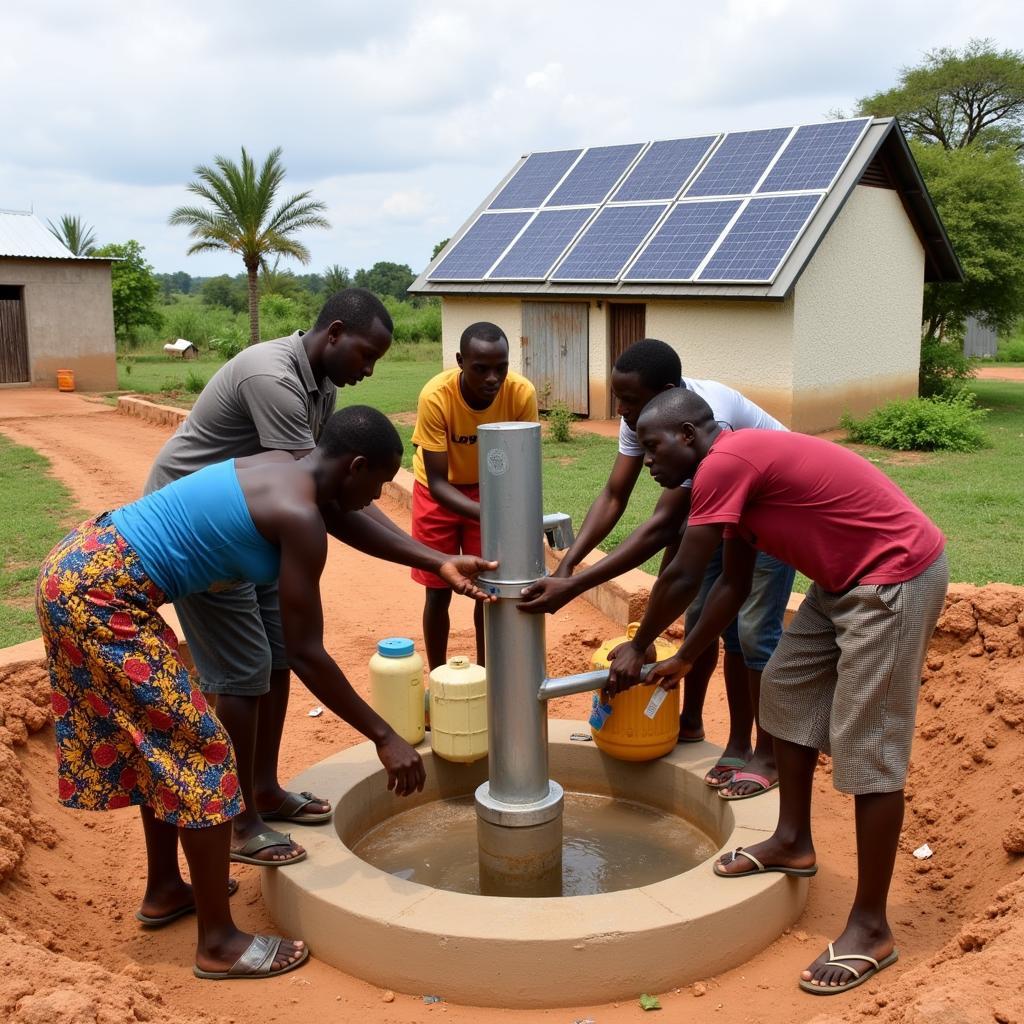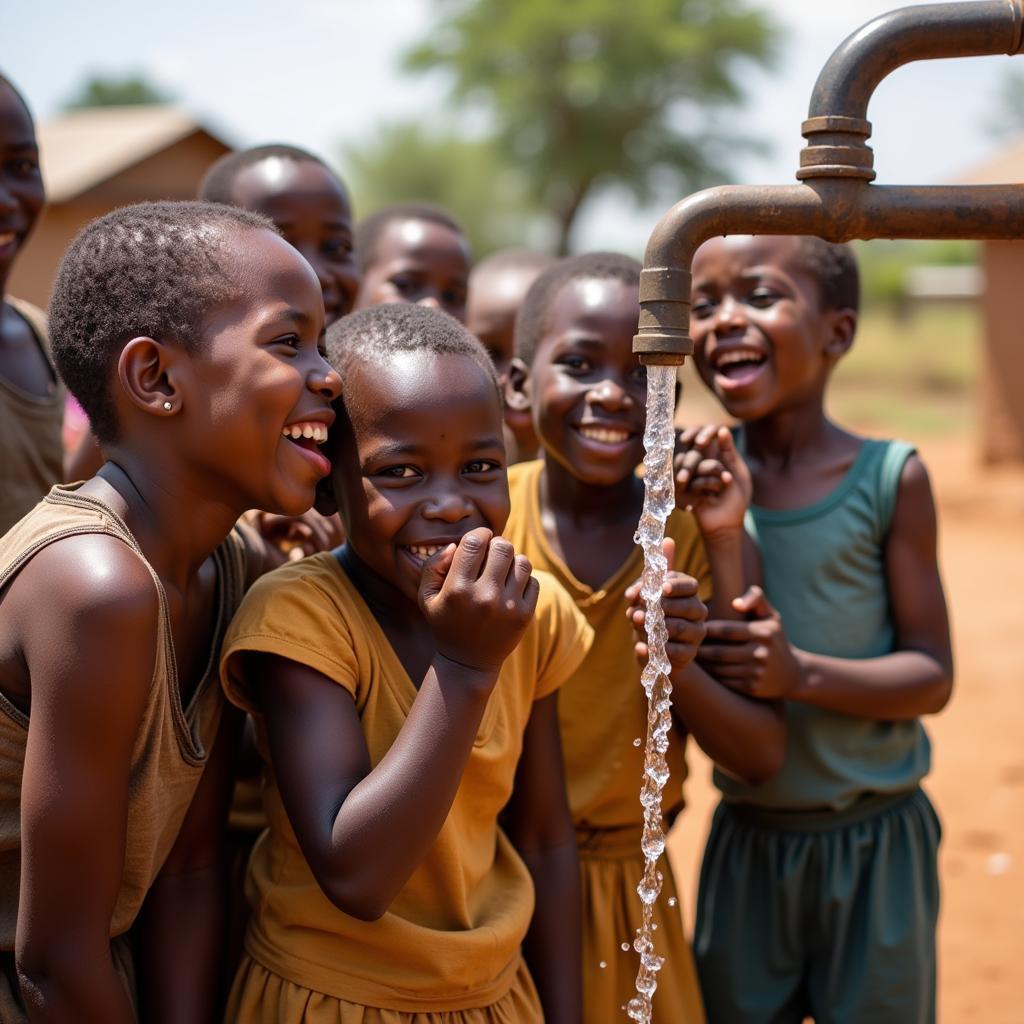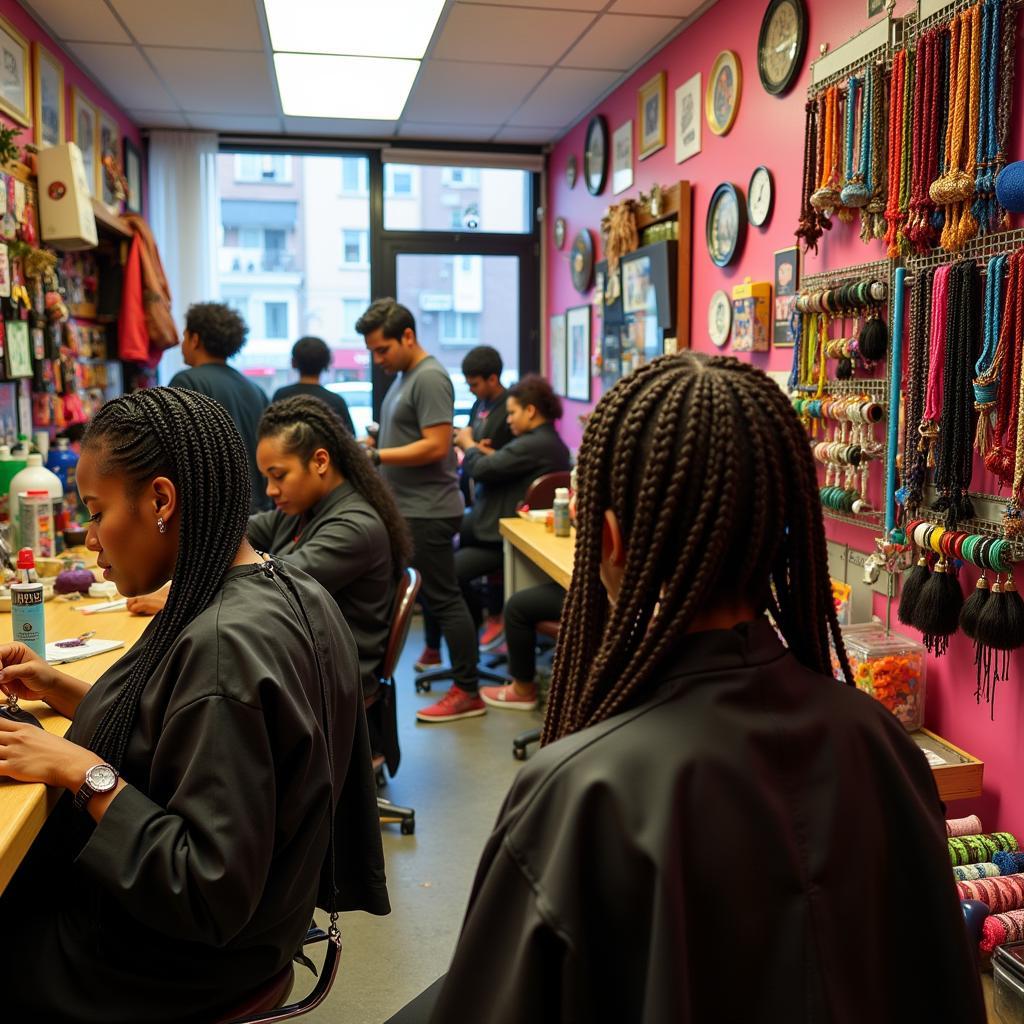328 Million Africans Without Safe Water But Hope Survives
328 million Africans lack access to safe water, a stark reality impacting health, education, and economic development. However, amidst this crisis, hope prevails, fueled by innovative solutions, community initiatives, and a global commitment to change. Let’s delve into the complexities of this challenge and explore the promising pathways toward a water-secure future for Africa.
The Dire Reality of Water Scarcity in Africa
Access to safe, clean water is a fundamental human right, yet for hundreds of millions across Africa, this remains a distant dream. The consequences of this scarcity are far-reaching, impacting every facet of life. From preventable diseases like cholera and typhoid to lost educational opportunities due to the burden of water collection, the ripple effects of water insecurity are devastating. The economic toll is equally significant, hindering productivity and perpetuating cycles of poverty. Women and girls are disproportionately affected, often bearing the primary responsibility for fetching water, which can consume hours each day, limiting their time for education or income-generating activities.
The Impact on Health, Education, and Economy
The lack of safe water contributes significantly to the health burden in many African nations. Waterborne illnesses are rampant, particularly among children, leading to high rates of mortality and morbidity. Children who are frequently sick miss school, impacting their educational attainment and future prospects. Furthermore, the time spent collecting water often prevents children, especially girls, from attending school altogether. This perpetuates a cycle of poverty and inequality, hindering the development of entire communities. Economically, water scarcity reduces agricultural productivity, limits industrial growth, and restricts access to essential services.
 Women Collecting Water Amidst Scarcity Challenges
Women Collecting Water Amidst Scarcity Challenges
Innovation and Community-Led Solutions Offer Hope
Despite the daunting challenges, a wave of innovation and community-driven initiatives is sparking hope across the continent. From low-cost water purification technologies to rainwater harvesting systems, creative solutions are emerging to address the water crisis at the local level. Community-led projects, empowering local people to manage their water resources, are demonstrating remarkable success. These initiatives not only provide access to clean water but also foster community ownership and sustainability.
Empowering Communities Through Local Solutions
One of the most promising approaches to tackling water scarcity is empowering local communities to develop and manage their own water solutions. This approach recognizes the importance of local knowledge and fosters a sense of ownership, ensuring the long-term sustainability of water projects. Community-based water management systems, combined with innovative technologies like solar-powered water pumps and filtration systems, are proving highly effective in bringing clean water to remote and underserved areas. These solutions are not only cost-effective but also contribute to local capacity building and economic empowerment.
 African Community Installing a Water Pump: A Sustainable Solution
African Community Installing a Water Pump: A Sustainable Solution
Global Collaboration and Investment: A Path to Water Security
Addressing the water crisis in Africa requires a concerted global effort. Increased investment in water infrastructure, research and development, and capacity building is crucial. International partnerships and collaboration are essential to share best practices, transfer technologies, and mobilize resources. Furthermore, promoting sustainable water management practices and integrating water security into development policies are critical steps towards a water-secure future.
Sustainable Water Management for a Secure Future
Sustainable water management is not just about providing access to clean water; it’s about ensuring the long-term availability of this precious resource for future generations. This involves integrating water conservation practices into agriculture, industry, and daily life. It also requires protecting and restoring water ecosystems, which play a vital role in regulating water cycles and maintaining water quality. By adopting a holistic approach to water management, we can ensure a sustainable and equitable water future for all.
 African Children Drinking Clean Water: Hope for the Future
African Children Drinking Clean Water: Hope for the Future
Conclusion
While 328 million Africans still lack safe water, the seeds of change are being sown. Through innovation, community empowerment, and global collaboration, we can overcome this challenge and ensure a water-secure future for Africa. Investing in sustainable water solutions is not only a humanitarian imperative but also a crucial step towards achieving sustainable development goals and building a more prosperous and equitable world.
FAQ
- What are the main causes of water scarcity in Africa?
- How does water scarcity impact women and girls in Africa?
- What are some innovative solutions being used to address the water crisis?
- How can I contribute to improving water access in Africa?
- What are the long-term goals for water security in Africa?
- What role do governments play in addressing water scarcity?
- What are the challenges to implementing sustainable water management practices?
Scenarios
- Scenario 1: A rural community in Ethiopia struggles with water scarcity due to drought. They implement a rainwater harvesting system and see a significant improvement in water availability.
- Scenario 2: A school in Kenya installs a water purification system, reducing the incidence of waterborne illnesses among students.
- Scenario 3: A women’s cooperative in Tanzania establishes a community-managed water point, empowering women and improving access to safe water.
Related Articles
- The Impact of Climate Change on Water Resources in Africa
- Innovative Water Technologies for Arid and Semi-Arid Regions
- Community-Based Water Management: A Case Study from Senegal
Need support? Contact us 24/7 at Phone: +255768904061, Email: [email protected], or visit us at Mbarali DC Mawindi, Kangaga, Tanzania.


